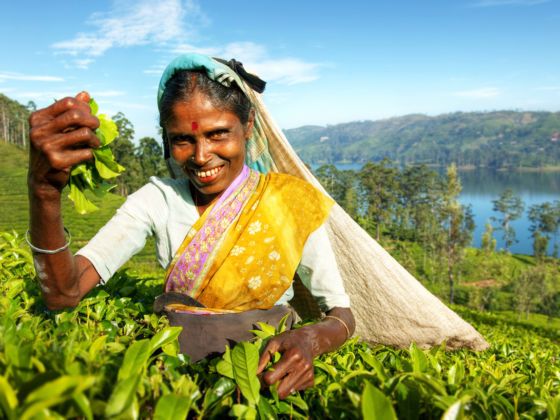Television news bombards us daily with images of global destruction, famine, disease, and wars.
No wonder we despair at the future mankind is forging for itself, one filled with hopelessness and religious fanatics hiding behind guns.
However, what the news does not show is a modified trend amongst the citizens of the world – a transfer from salvation to liberation; a change in mindset and taking responsibility, teaching other like-minded individuals by example.
